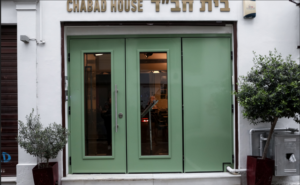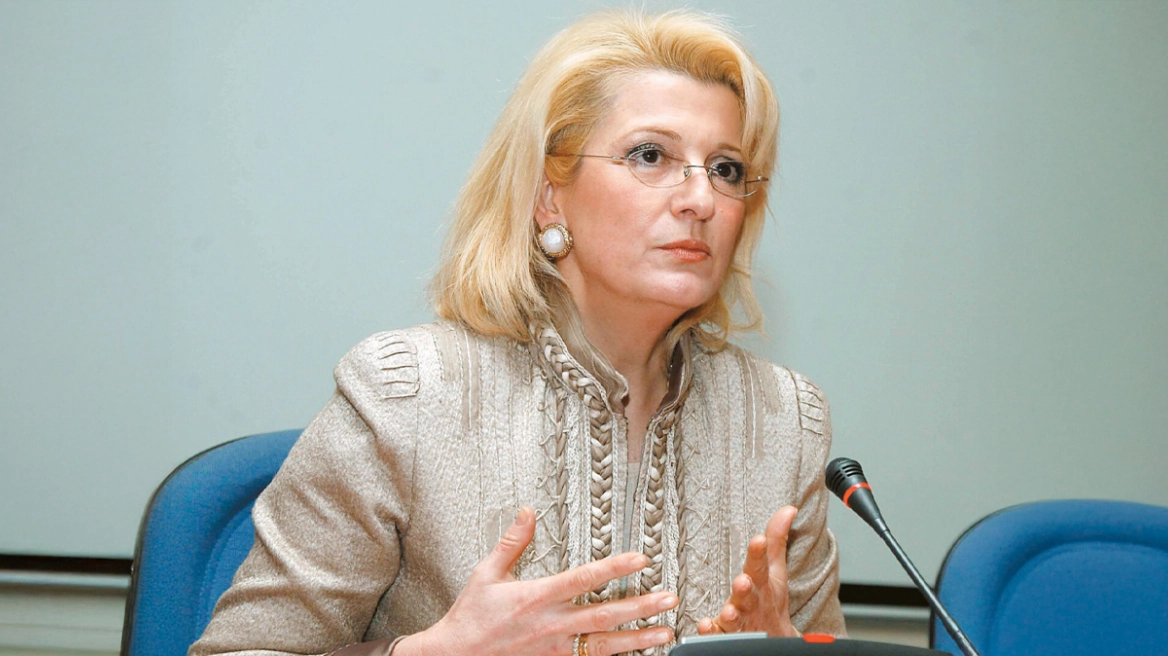Tensions between Iran and Israel have escalated dangerously in recent weeks, culminating of course in Tehran’s recent attack on Tel Aviv with 200 ballistic missiles.
According to a detailed survey by Reuters, however, based on court documents and public statements by officials, there is evidence of dozens of attempted assassinations, kidnappings and terrorist attacks in Western countries in recent years linked to Iran.
As the report says, since 2020, at least 33 such attacks have been recorded in European countries and the US, for which either local or Israeli authorities claim that Iranian agents are involved or that there is some other kind of connection with the Islamic country. Targets include Israeli citizens, Jewish organizations, and Iranian dissidents and personalities opposed to the regime in Tehran.
One of these cases involves a plot to attack Athens that targeted the building housing the Jewish Chabad center and a kosher restaurant in Psirri. According to evidence uncovered by Greek authorities and cited by Reuters, Syed Fahar Abbas, a Pakistani living in Iran, had recruited another Pakistani, Syed Irtaza Haider, who was residing in Greece, to carry out the attack on the building.
Abbas told his contact that he was working for an organization that would pay about 15,000 euros per assassination.
In a WhatsApp message exchange in January 2023, detailed in documents cited by the agency, the two men discussed whether to use explosives or arson for the attack. Abbas stressed the need to provide evidence of “casualties” after the strike. “There are intelligence agencies” involved, he said, without naming names. “Do the job in a way that leaves no room for complaint.”
The documents cited in the Reuters investigation include hundreds of pages of evidence gathered during the Greek authorities’ investigation, including witness statements and WhatsApp chats. They show how Abbas was preparing his contact, a fellow Pakistani named Sayyed Irtaza Haider, for the attack, amid general discussions about their lives back home.
Greek authorities arrested Haider and another Pakistani last year, and said police helped dismantle a foreign-led terrorist network that aimed to cause “human casualties.” The two men face terrorism-related charges, but deny having committed any offences.
Haider, who has been released pending his trial on parole, says he is innocent. In an interview, the 28-year-old told Reuters that he sent Abbas photos of that building but deliberately delayed carrying out any attack, hoping to get paid without harming anyone. “It was just words,” he said. His lawyer, Zachary Kessesh, told the agency that Haider “never actually participated” in illegal activity.
The alleged “mastermind” of the planned attack, Abbas, also faces terrorism-related charges. In his native Pakistan, he is wanted on suspicion of murder, a Pakistani police official said. To date, he remains at large.
Although Greek police declined to speak to Reuters about the case, the Israeli intelligence agency Mossad, which assisted the Greek investigation, said the planned attack was orchestrated by Iran as part of a multinational network based in the Islamic Republic. The Israeli government declined to comment on the case or other Mossad activities.
Iran denies the Mossad’s claim. However, the operational techniques match patterns seen in other cases that appear to be Iranian conspiracies. These patterns involve the type of target – Israeli or Jewish citizens – and the selection of paid assassins who are not Iranian. At least two other cases in the Reuters investigation reportedly involved Pakistani nationals. At least six of the plots Reuters has documented in Europe since 2020 have had Israeli or Jewish targets.
The agency’s report details how communication began between Abbas, who was in Iran, and Haider, who was living in Greece as an undocumented immigrant. Haider told Reuters that the two knew each other from their homeland. Both are from the same town of Alipur in Punjab province in eastern Pakistan. Both are Shia Muslims.
Haider studied engineering in Pakistan and arrived in Greece in 2019, he told Reuters. He settled in Zakynthos where he lived in an apartment building with other Pakistani nationals and occasionally worked in olive groves or wherever he could find a living.
Abbas also fled his home country where he is wanted for orchestrating a kidnapping and murder in October 2021, according to a local police official working in Punjab province.
Abbas, who is a father of two, crossed into Iran by road in February 2022 and has not returned since. Haider’s recruitment began after Abbas arrived in Iran. Until April 2022, the two communicated via WhatsApp, according to Haider’s testimony to the investigator and the messages detailed in legal documents.
In a WhatsApp message exchange in November 2022, the two men discussed targets and methods of deadly attacks. Abbas told Haider to stress to anyone else he managed to recruit what the group was willing to pay: “The reward per head is five million rupees” – about 16,000 euros at the time.
The men often discussed money. Haider pressured Abbas to send money, according to WhatsApp conversations. Abbas complained in December 2022 that he could not pay his rent and had to borrow cash. “When the job is over, we will never borrow money again for the rest of our lives,” Abbas wrote to Haider that same month.
A staged assassination
As 2022 drew to a close, Abbas pressed Haider to send photos of Chabad in Athens, a two-story building that houses the Jewish center and features a prayer space and Kosher restaurant.
Haider asked the third suspect to provide him with photos and videos of the building in December 2022, the man testified to the investigator. The third suspect also told authorities that he did not know the building was a Jewish center. The third man said it was only later that Haider conveyed Abbas’ offer to pay for the killings, whereupon he immediately refused.
In early January 2023, Haider traveled to Athens and recorded video of Chabad in Athens and the surrounding area, he testified. Forwarding the footage to Abbas, he described the area as full of shops and tourists. Abbas responded by saying “good job.”
Their methods were at times amateurish. Haider staged a fake assassination in an attempt to fool Abbas and his bosses. While in Athens, Haider persuaded a man of Nepalese descent to play the role of the victim in a mock execution, promising to pay him 2,500 euros, according to Nepalese testimony included in the documents. Haider dressed him in clothes stained with blood from a slaughtered goat, then told him to lie on the floor and pretend to be dead so he could videotape him. Haider told the interrogator that he staged the stunt because Abbas was pressuring him to kill people.
By the second week of January 2023, Abbas and Haider were focused on the Chabad of Athens restaurant, investigators argue in the documents. Abbas suggested arson. “Whatever you can do, do it quickly, I will not be given much time,” Abbas wrote on Jan. 9. “It will be done, I promise,” Haider replied.
Greek authorities put an end to their plans in the coming weeks. Acting on a tip that came to them anonymously, police officers searched Haider’s apartment and arrested him for possession of false identity documents. Prosecutors then filed terrorism charges. In his statement after his arrest, Haider described the group to which Abbas recruited him as a large Iran-based organization.
As he awaits trial, Haider says he is working two jobs in Zakynthos – as a restaurant employee and as a security guard. He finds it difficult to sleep. He faces a prison sentence in Greece, but says that even if he is eventually acquitted, he may never return home because he fears punishment from Abbas or his circle. “I’m afraid because I don’t know what will happen here, and I can’t go back to Pakistan,” he says.
Ask me anything
Explore related questions





